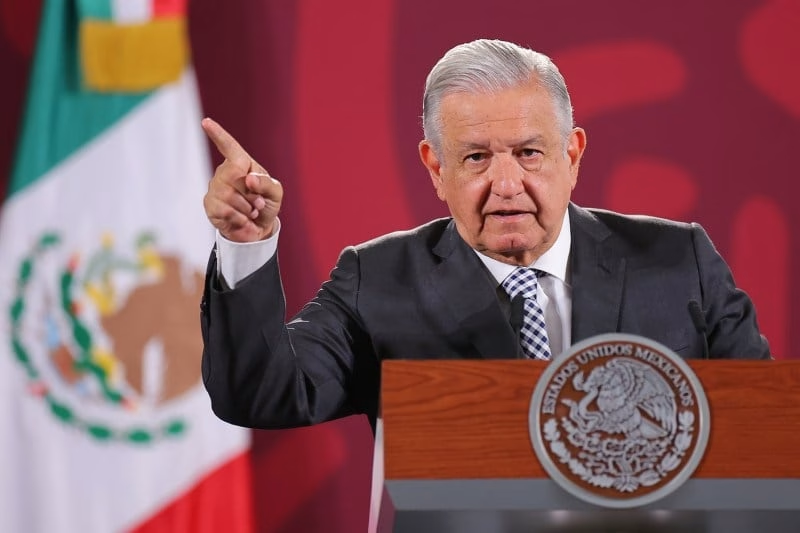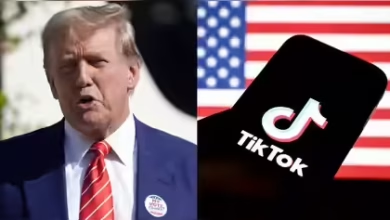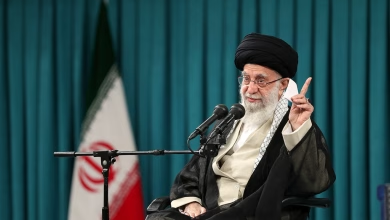A contentious judicial reform allowing Mexican voters to elect judges officially took effect on Sunday, following President Andres Manuel Lopez Obrador’s signing of the decree, announced via social media. While Lopez Obrador has criticized the existing system as corrupt and elitist, legal experts warn that elected judges might face undue influence from Mexico’s powerful drug cartels.
On Sunday, President Andres Manuel Lopez Obrador signed into law controversial judicial reforms that make Mexico the only country in the world to elect all its judges by popular vote. In a video posted on social media, Obrador declared it a “historic day” and was joined by president-elect Claudia Sheinbaum, his close ally, who will assume office on October 1 after her landslide victory in June.
Obrador has vigorously advocated for these constitutional changes, criticizing the existing judicial system as “rotten,” corrupt, and serving only the interests of the political and economic elite.
However, the reform has sparked concerns among opponents and legal experts who worry that elected judges may become more susceptible to pressure from Mexico’s powerful drug cartels. In a country where bribery and intimidation are common tools used by criminal organizations to influence officials, this vulnerability is a significant concern.
The new law marks a dramatic shift in Mexico’s judicial system, raising questions about the balance between democratic reform and the practical risks associated with judicial independence and integrity.
Since taking office in 2018, Lopez Obrador has frequently criticized the judiciary, particularly the Supreme Court, for blocking some of his policies on energy and security.
Last week, debate on the judicial reform bill was interrupted when demonstrators stormed the Senate, chanting “The judiciary will not fall,” forcing legislators to relocate their discussions.
Opponents argue that the reforms, which propose electing Supreme Court and other high-level judges by popular vote, signal a troubling move toward democratic backsliding. The United States, Mexico’s main trading partner, has expressed concerns that these changes could undermine investor confidence in Mexico’s legal system.




